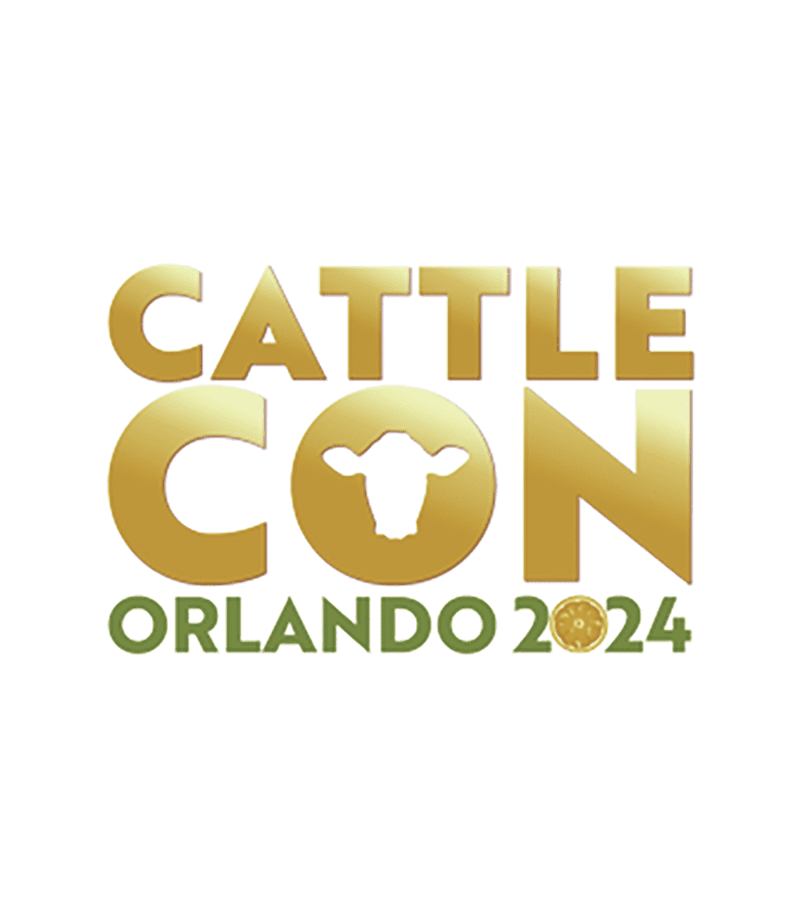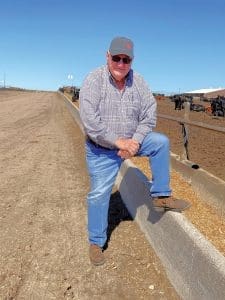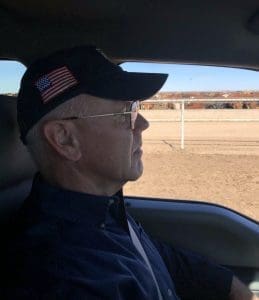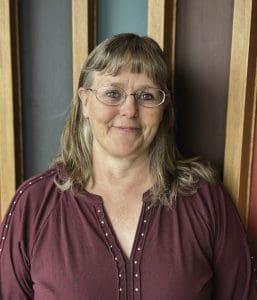By Larry Stalcup Contributing Editor
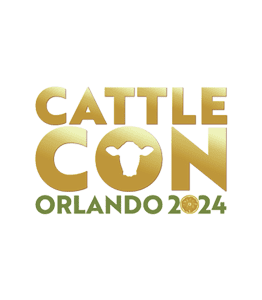
With late January temperatures in the 70s, Orlando’s lure got the best of many cattle producers and feeders. They headed for Florida’s friendly confines and the 2024 Cattlemen Industry Convention & NCBA Trade Show.
The Jan 31-Feb. 2 CattleCon drew more than 7,500 people, with representatives of allied industries, and college and government ag departments joining cattle groups for some sunshine. The NCBA Trade Show featured close to 400 exhibitors of various products and services.
The National Cattlemen’s Beef Association (NCBA) Cattlemen’s College strived to help producers boost profits. Its subjects ranged from animal health to marketing. Clay Mathis, Ph.D., professor and new department head, Texas A&M University Department of Animal Science, said the need to rebuild the cow herd “is an opportunity” for producers to enhance herd quality.
He encouraged using heterosis when selecting replacements of breeding stock lost during the extensive drought. “Heterosis is not rocket science, but is often a forgotten science,” Mathis said, adding that crossbred cows typically have longer productivity, meaning more overall pounds of production from calves.
As usual, there was much interest in marketing. With last fall’s plunge in cattle prices, there were questions about the USDA Livestock Risk Protection (LRP) program. During the NCBA Live Cattle Marketing Committee meeting, analysts from Commodity & Ingredient Hedging said rarely does LRP feeder cattle contract volume surpass 2 percent of total CME feeder cattle futures and put options positions. From September through December 2023, they said LRP was just over 1 percent of about 450,000 total feeder cattle price protection trades for Jan. ‘24 feeders. There was agreement that current feeder cattle risk management tools need to be enhanced.
Traceability
There was fervent discussion on using mandatory electronic ID (EID) tags to expedite identification of diseased cattle and prevent the spread of contagious diseases such as foot and mouth disease that could cripple the industry. Barbara Jackson, interim chair, Cattle Health and Wellness Committee, said USDA policy requires all sexually intact cattle over 18 months of age to have an EID tag for interstate travel.
The committee approved a measure to support the EID rule for 18-month-old cattle and for NCBA to educate its members on the rule. NCBA will also support the use of a private, industry-managed, non-government entity to collect data on four data points – ID number, time, date and location.
Jackson praised the committee participation, noting there was a consensus that since it is government mandated, the government should fund it. “We know sale barns will be impacted,” she said. “We don’t want it to land on them, but the reality is it will. So if we can get funding for this, it will ease some of the pain.”
New NCBA Officers
Wyoming rancher Mark Eisele was elected 2024 NCBA president. Eisele replaces Todd Wilkinson of South Dakota. Nebraska’s Buck Wehrbein was named president-elect and Gene Copenhaver of Virginia was elected vice president. Andy Bishop of Cox’s Creek, Ky.,, was named Cattlemen’s Beef Board chairman. He replaces Jimmy Tayler of Oklahoma.
Eisele and his wife, Trudy, operate the historic King Ranch near Cheyenne. They graze both public and private lands. He warned of animal activist groups infringing on ranches and farms. Aside from grazing public and private land, “it’s also important to draw a line in the sand,” he said.
“If public lands are closed to cattle, or we’re regulated to where we can’t run cattle on public lands, it will only be a matter of time before activists end up on the doorstep of every farmer and rancher in the country.
“I want NCBA to make sure that can’t happen. Grazing is good and beef is a valuable protein. We need flexibility in the way we produce it. Those are the simple messages I want to get across to decision makers.”
Eisele said NCBA expects to tackle ongoing Farm Bill negotiations and secure reauthorization of animal health provisions, expand the accessibility and funding of risk management and disaster relief programs, and protect voluntary conservation programs.
“The significant challenge posed by federal government tax policies, particularly the Death Tax, will also be top of mind,” he said.
NCBA and other crop and livestock groups have fought the government’s dreadful Waters of the United States (WOTUS) policy for years. But thanks to powerful education efforts on Capitol Hill, NCBA policy experts indicated that “environmentalists are counting WOTUS as a loss.”
However, with this being a major political year, they don’t expect legislation that can harm producers and private property rules to go away. Unlike most Orlando weather, there could be more grey skies in the Washington, D.C., climate.

